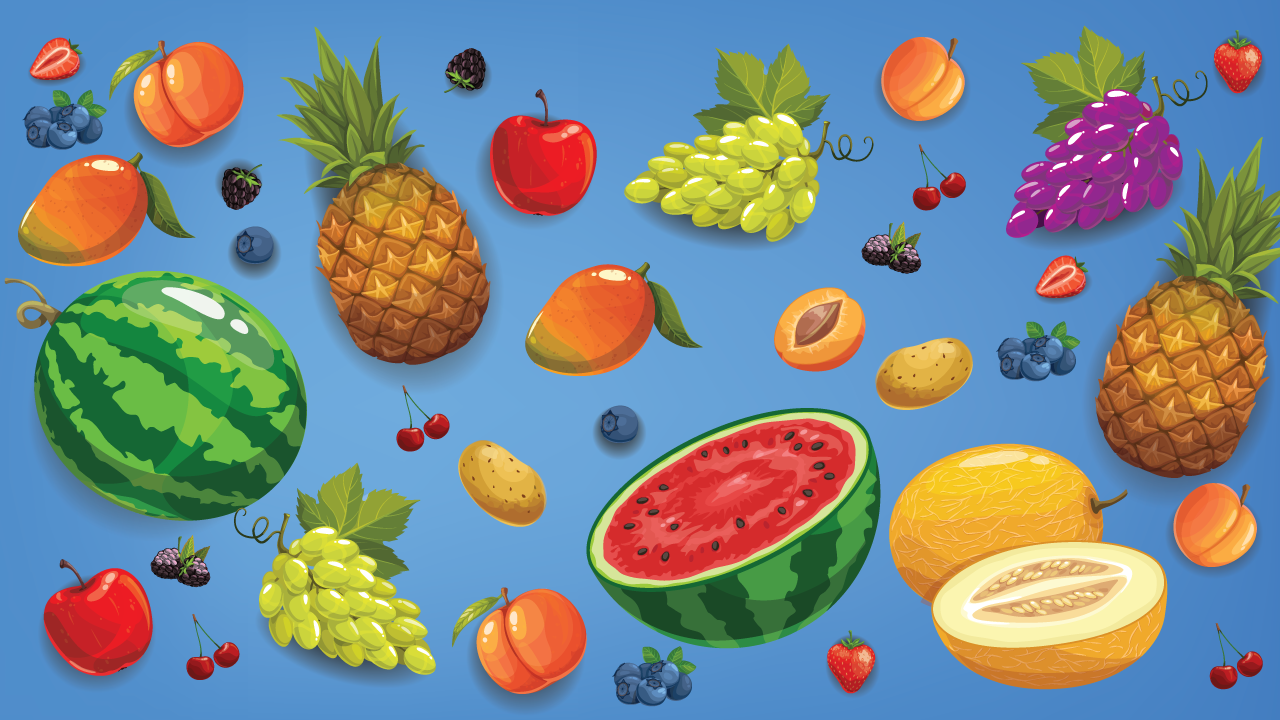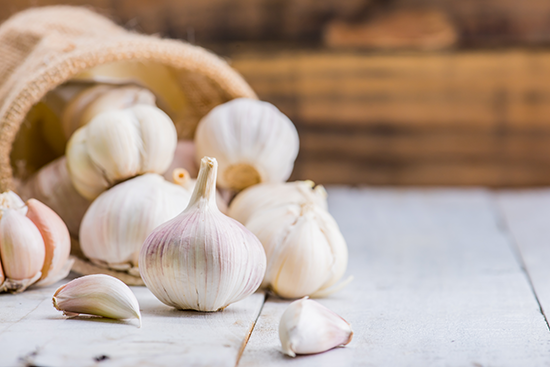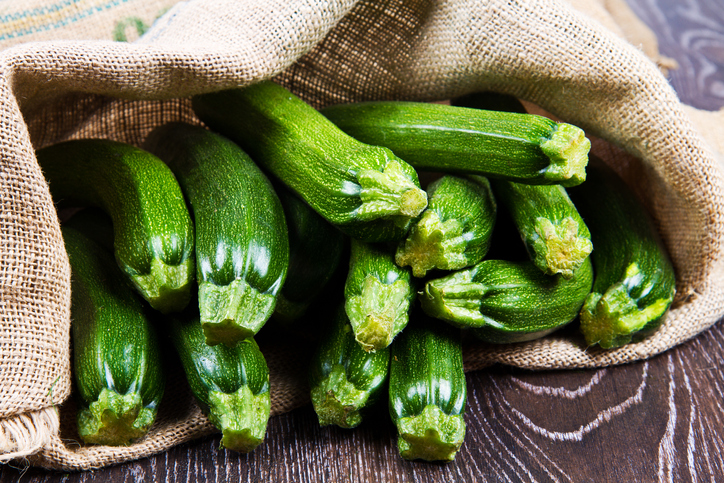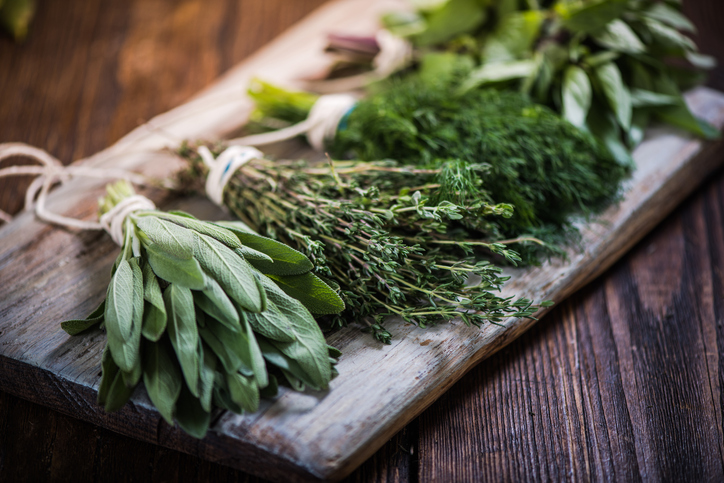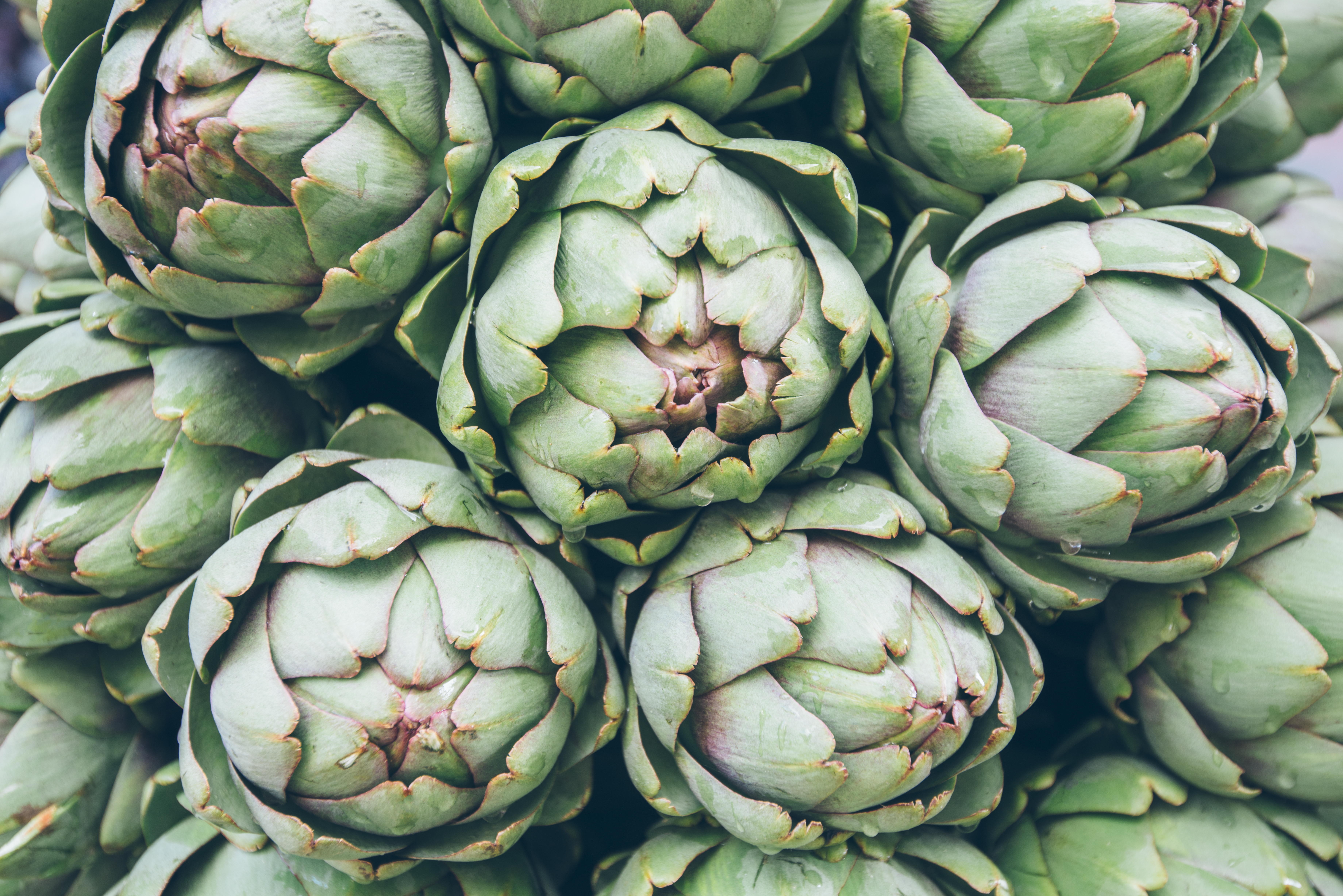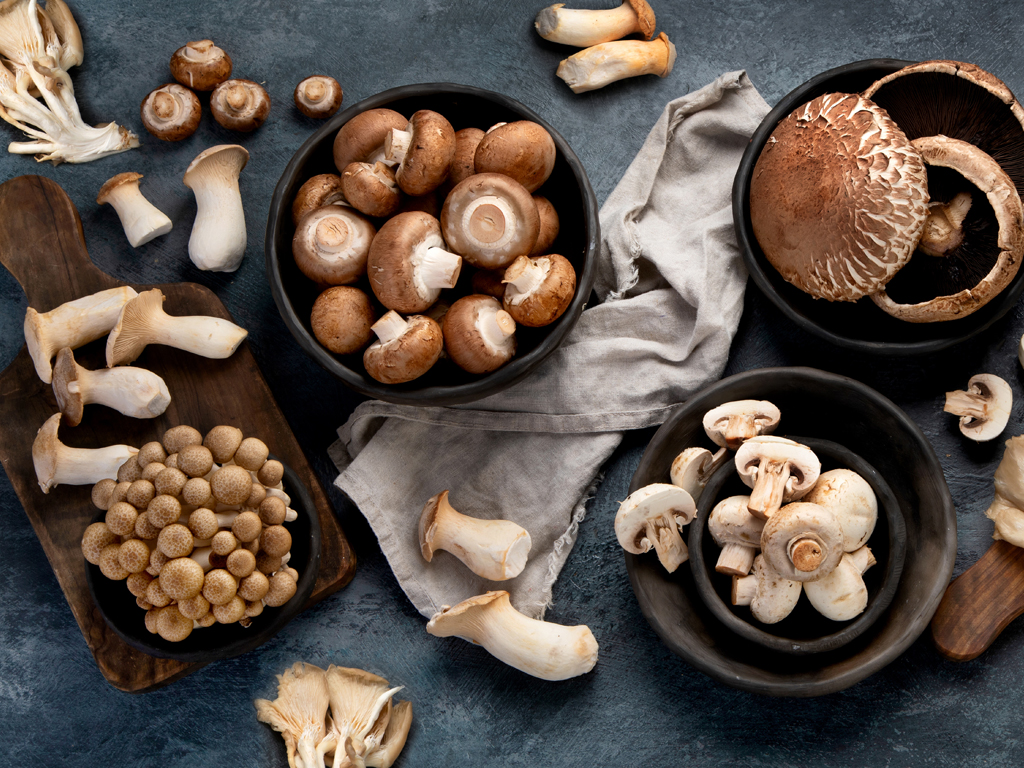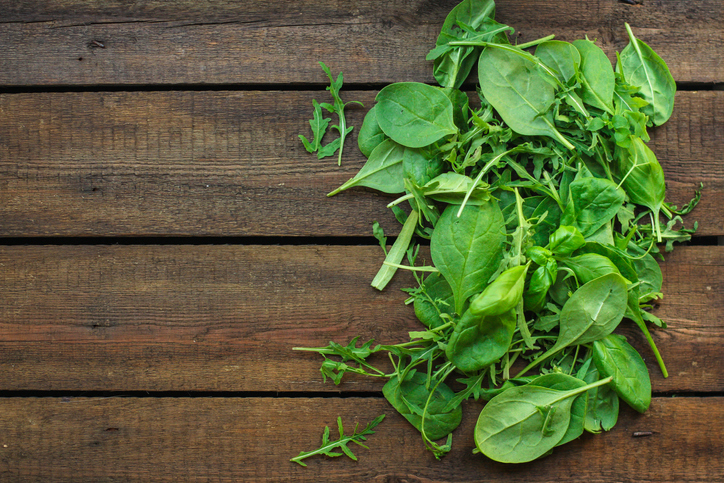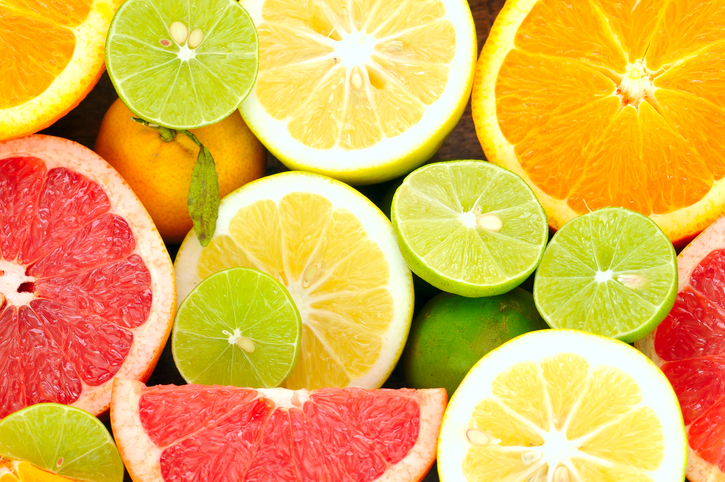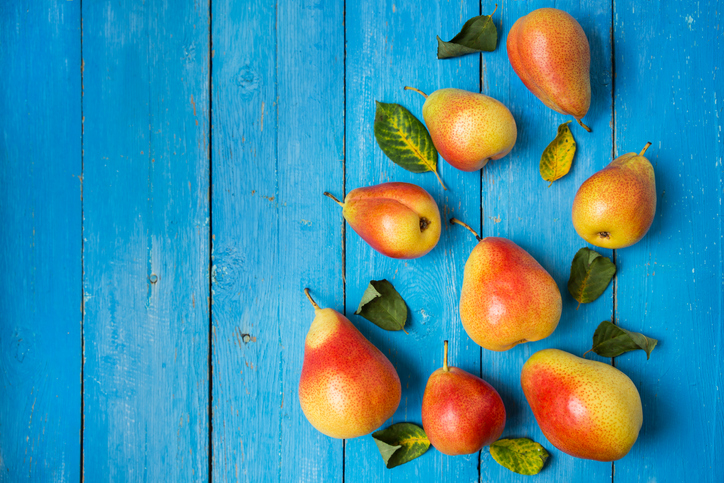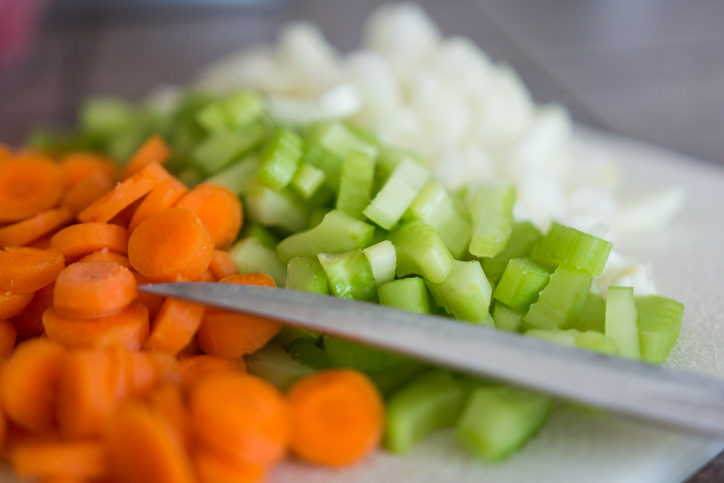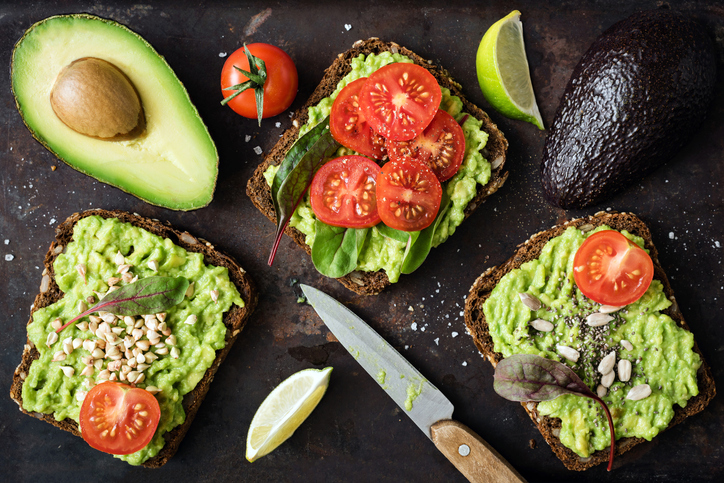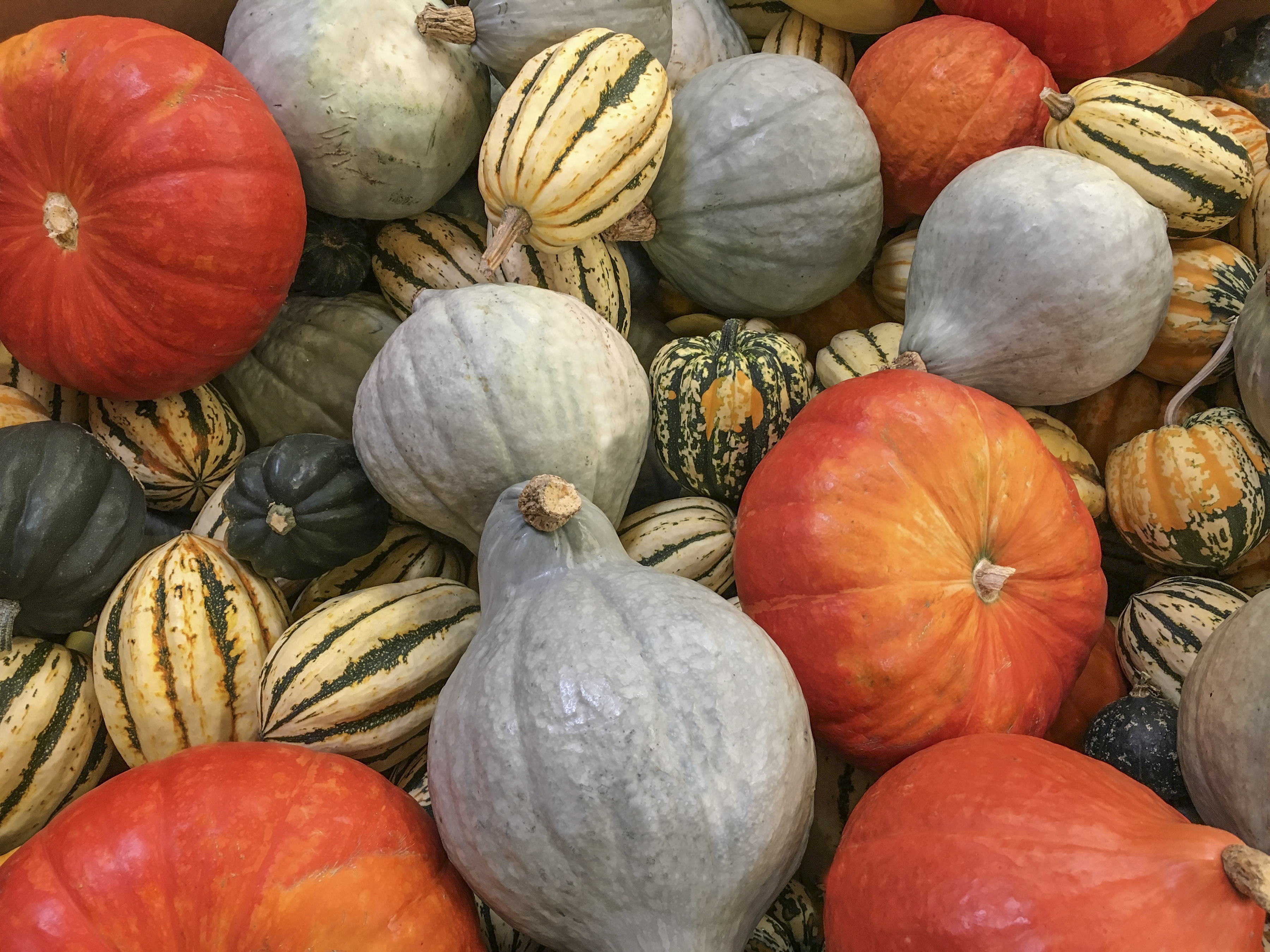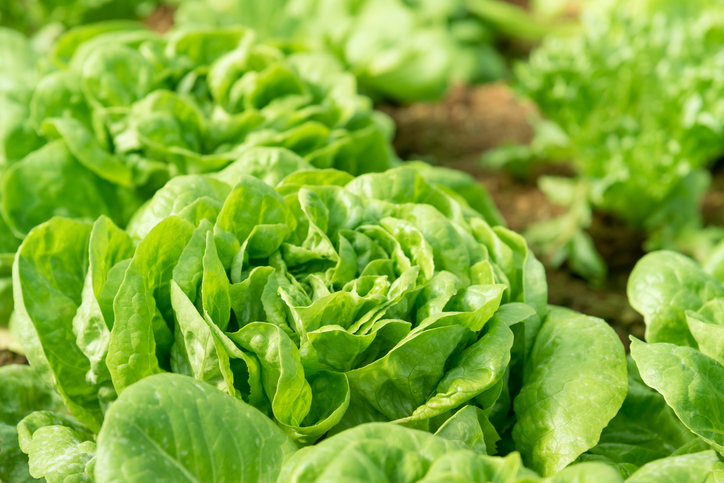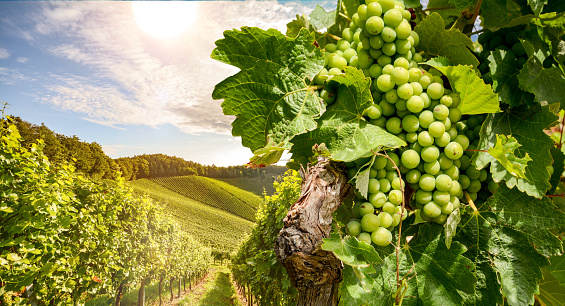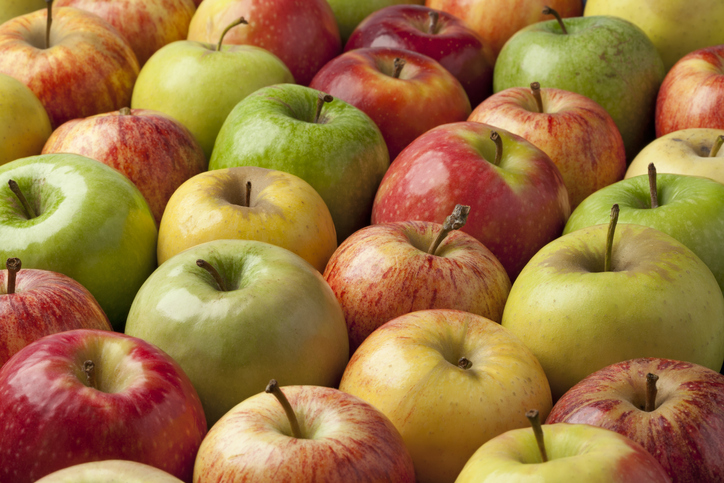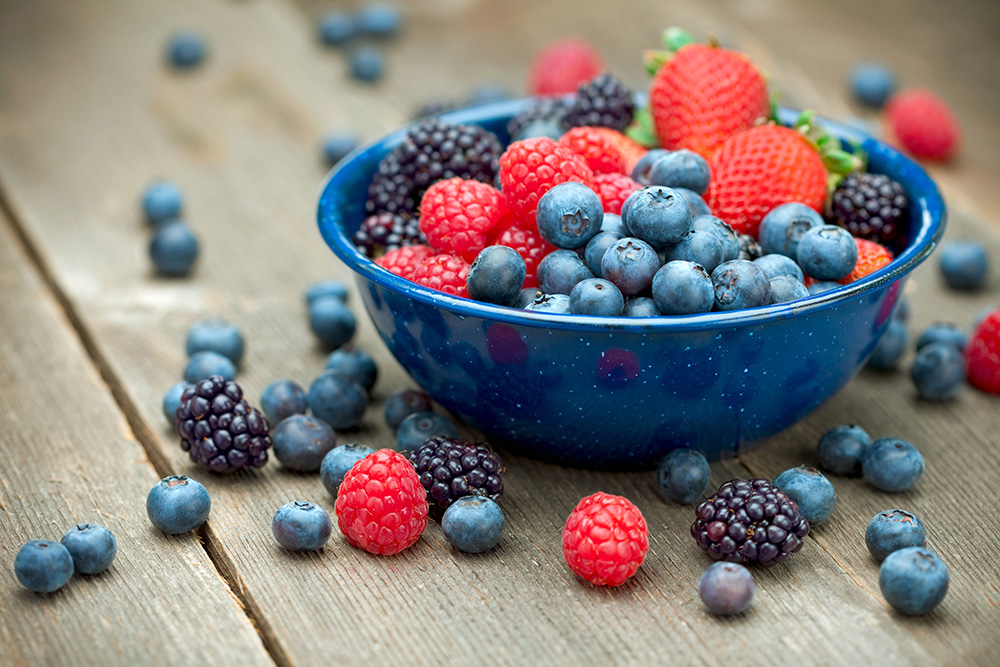Filtered by: Our Fresh Produce Articles
Understanding Brix: Is a Higher Number Always Better?
Garlic: Perfectly Pungent
Produce 101: Summer Squash
Produce 101: Herbs
Buying Local: From Trend to Battle Cry
The Cosmic Crisp Apple is in our Orbit
Produce 101: Artichokes
Produce 101: Mushrooms
Mushrooms are one of the most versatile ingredients you can have in your kitchen larder at any time.
Produce 101: Tender Greens
Produce 101: Citrus
Citrus is anything but basic when used in the kitchen. It can be used all over the menu… use it in pastry with the zest and the juice, use it in the bar, use it in gift baskets, even use the segments in a salad. Adding a pop of citrus juice brightens any dish.
Produce 101: Pears
Learn how to choose a great pear for your menu, as well as how to ripen them in this episode of Produce 101: Pears.
What’s the best pear for poaching? What pear doesn’t usually oxidize and is great raw for salads? What pear is great for snacking? Different varieties have different kitchen roles and selecting the best one for the job can make a difference.
Ethylene can become a friend or foe when it comes to the storage and handling of your produce. Where do pears fall in relation to ethylene?
Let’s dig in.
Produce 101: Carrot, Onion, and Celery
Carrots, onion, and celery comprise the classic mix of French mirepoix vegetables. You might wonder why we grouped these together, well, these three are some of the unsung heroes of the kitchen, so they just fit well for this episode.
Produce 101: Avocado
Ark Foods: The Art of Making Farmer’s Market Quality Produce Accessible
Produce 101: Winter Squash
Produce 101: Lettuce
Produce 101: Grapes
Produce 101: Apples



